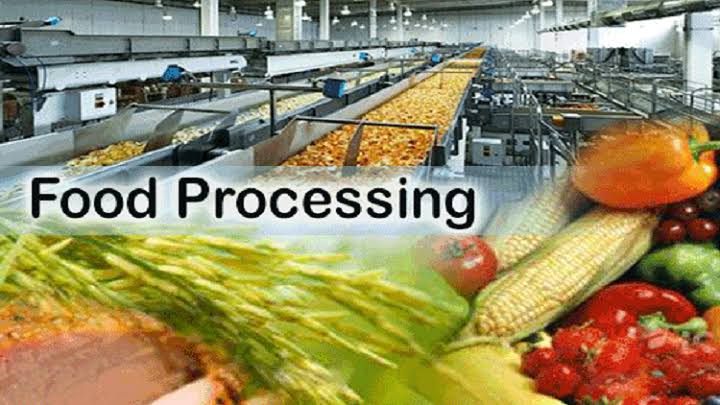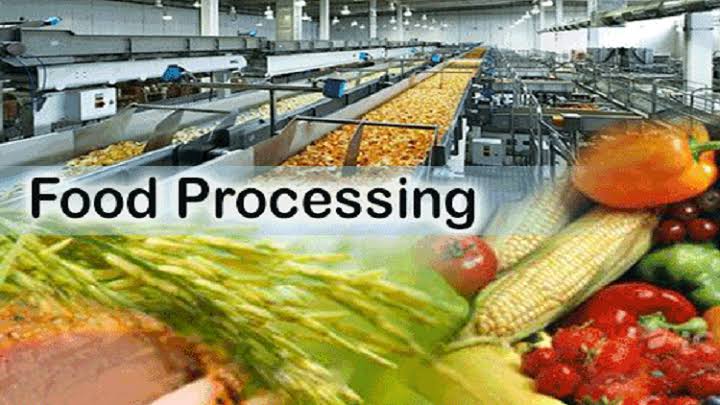Food Processing Learnerships with FoodBev SETA for 2025

Food Processing Learnerships with FoodBev SETA: Unlocking Career Opportunities in the Food and Beverage Industry
Introduction
Food Processing Learnerships The food processing industry is growing fast, both in South Africa and around the world. More people are eating processed foods, which makes this industry very important. As demand for food increases, so does the need for skilled workers. These workers are needed in areas like food production, quality control, and creating new food ideas.
To fill these skills gaps, learnerships and programs supported by Sector Education and Training Authorities (SETA) are essential. Among these, FoodBev SETA plays a big role by offering structured training combined with real industry experience. It’s an excellent way for learners to start a stable career in food processing.
What Are Food Processing Learnerships and How Do They Work?
Definition and Purpose of Food Processing Learnerships
Food processing learnerships are work-based training programs. They blend classroom lessons with hands-on experience in the workplace. The goal? To teach learners the skills they need to work confidently in food manufacturing, quality checks, or packaging. These programs are designed to prepare individuals for real jobs in the industry.
Structure and Duration of Food Processing Learnerships
Most learnerships last between 12 to 24 months. During this time, learners split their days between learning in a classroom and working on the factory floor. They’re assessed to make sure they meet industry standards. At the end, learners earn a certificate that proves they have the skills needed to work in food processing.
Eligibility Criteria and Who Should Consider Applying
To qualify, most programs require a Grade 12 certificate or an equivalent qualification. Employers value skills like attention to detail, teamwork, and a passion for food quality. These learnerships are perfect for unemployed youth wanting a stable career, people changing careers, or industry workers looking to upgrade their skills.
The Role of FoodBev SETA in Supporting Food Processing Learnerships
About FoodBev SETA
FoodBev SETA manages training programs across South Africa’s food and beverage industries. They partner with food producers, government agencies, and training providers. Their goal is to boost skills and create better job opportunities.

Facilitating Access and Funding
FoodBev SETA offers grants and bursaries to help both learners and companies. This reduces financial barriers and encourages more people to join. They also run campaigns and outreach programs to raise awareness about available learnerships.
Quality Assurance and Industry Alignment
Ensuring that training matches what the industry needs is a priority. FoodBev SETA works with industry leaders to develop training curricula and assessment methods. This guarantees that learners gain relevant skills that employers value.
Key Benefits of Enrolling in Food Processing Learnerships
Skills Development and Industry Readiness
Learning practical skills in a real working environment boosts confidence. Learners gain exposure to modern food processing machines, safety regulations, and quality standards. This prepares them better for today’s job market.
Career Advancement Opportunities
A learnership can lead to permanent roles in food companies or even inspire entrepreneurs to start their own food business. Many former learners share stories of how these programs opened doors to new career paths.
Industry Recognition and Certification
Learnerships provide credits towards the National Qualification Framework (NQF). This official certification validates your skills and makes it easier to find jobs or further your education in food processing.
How to Apply for Food Processing Learnerships with FoodBev SETA
Application Process and Requirements
Start by visiting the FoodBev SETA website or partner sites to find available learnerships. Prepare a CV, certified copies of your educational certificates, and a letter explaining why you want to join. Tailor your application to show your enthusiasm and skills. Be ready for interviews or assessments as part of the process.
Important Deadlines and Intake Periods
Application windows usually open a few times a year. Stay updated through FoodBev SETA’s online channels or social media pages. Missing deadlines can delay your chance to join, so plan ahead.
Support Services for Applicants
If you need help, FoodBev SETA offers guidance and mentorship programs. They can assist you with your application or provide extra training resources to improve your chances.
Real-World Examples and Industry Insights
Many learners have found great success after completing FoodBev SETA programs. Some have become permanent staff members at large food manufacturing plants. Companies also talk about how structured learnerships give new employees the skills they need to succeed quickly. For instance, a small snack producer reported a 30% increase in productivity after hiring trained learners from FoodBev SETA programs.
Conclusion
Food processing learnerships are a smart way to build skills and start a career in a growing industry. The support from FoodBev SETA makes it easier to access training and find good jobs. If you’re ready to improve your future, explore these programs today. Employers looking for skilled workers should also consider these learnerships as a way to develop reliable, capable staff. These programs help grow the industry and ensure food safety standards are met — a win for everyone.
Take action now. Visit FoodBev SETA’s website or contact local training providers to learn more about available learnerships. Your future in food processing starts here.




